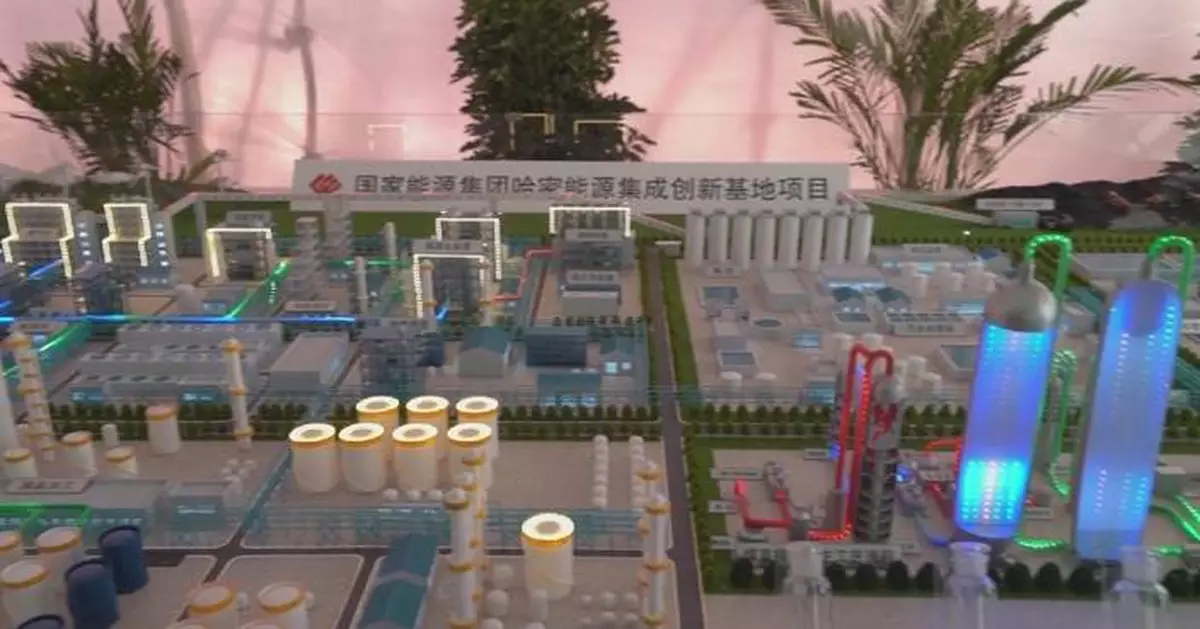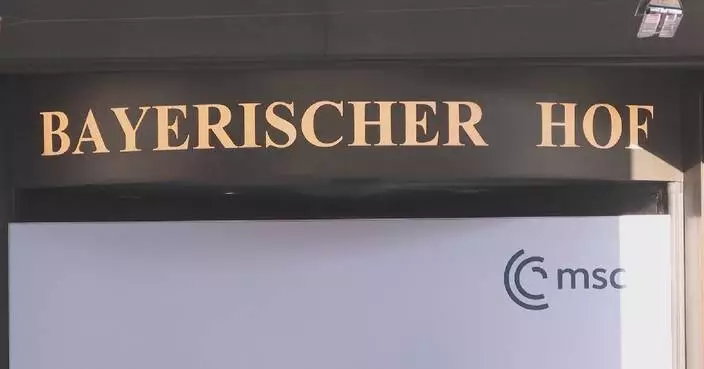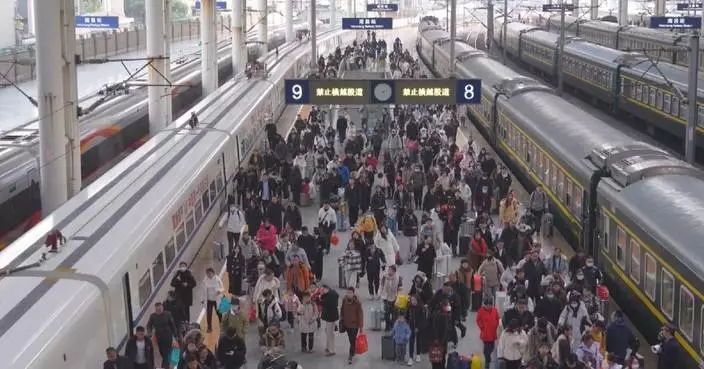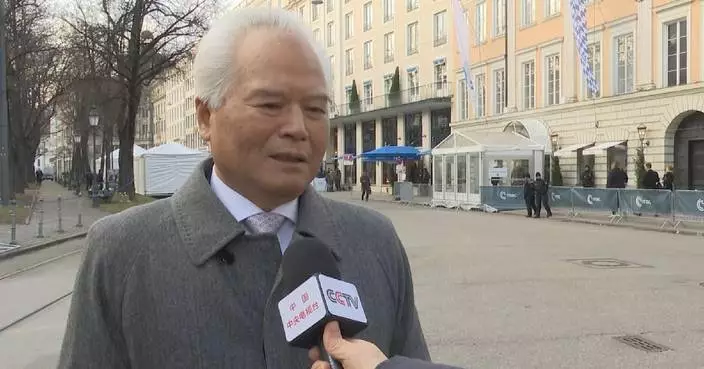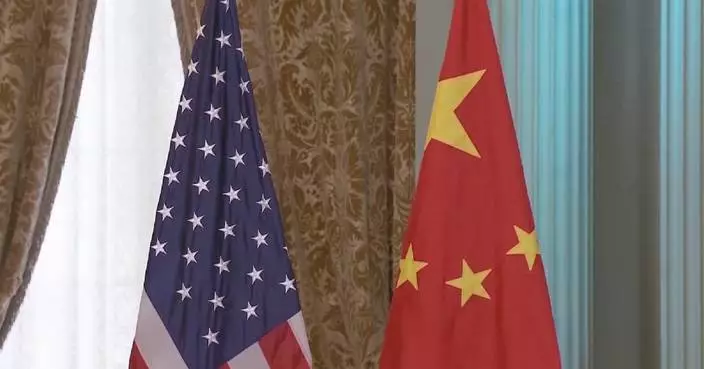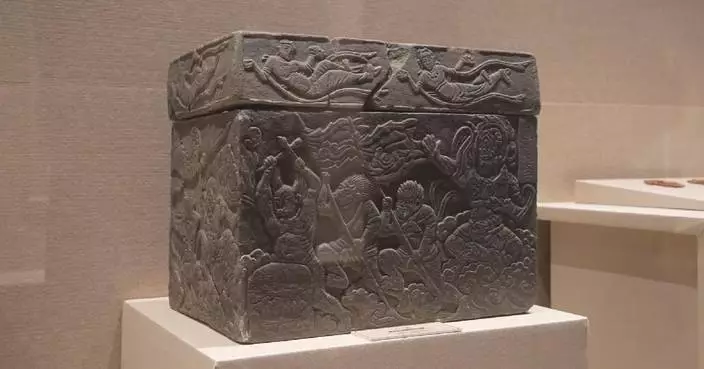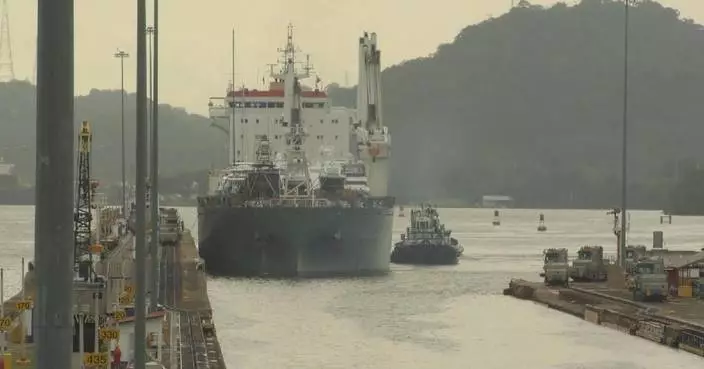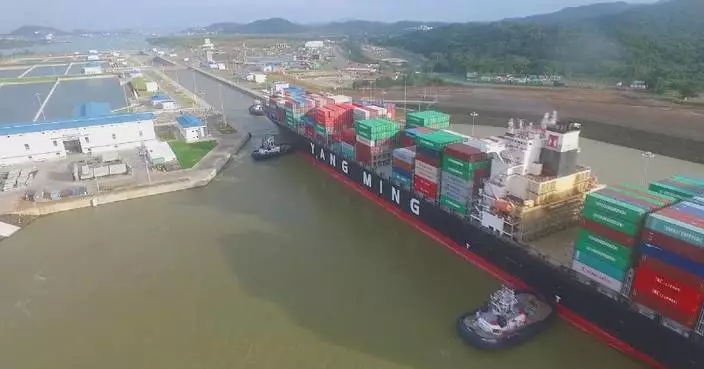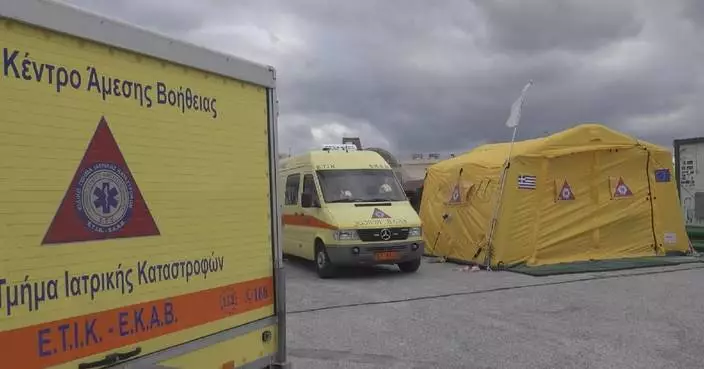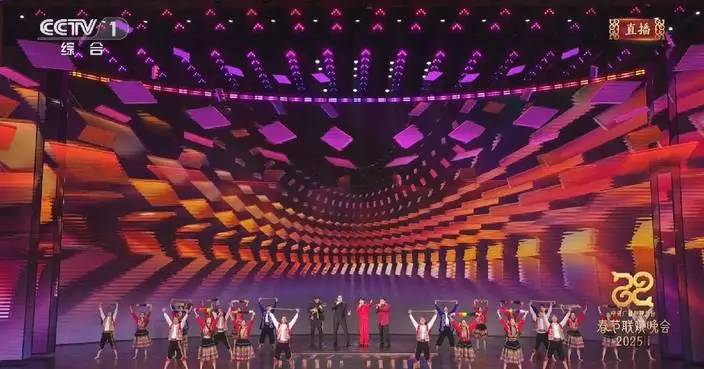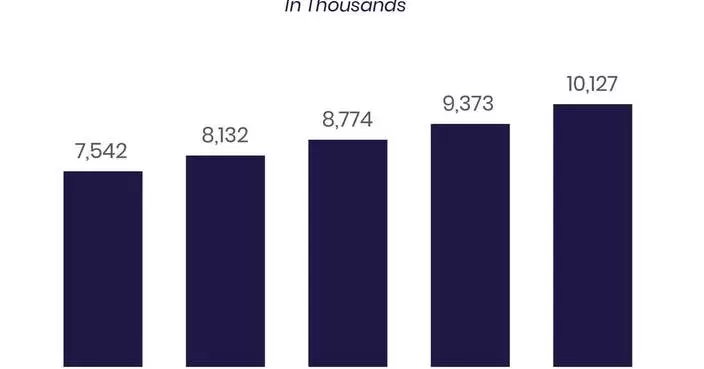The groundbreaking ceremony for China's largest and most cutting-edge coal-to-liquid (CTL) project took place on Tuesday in Hami, northwest China's Xinjiang Uygur Autonomous Region, said CHN Energy Investment Group (CHN Energy).
Upon completion, the project is poised to yield an annual production of four million tons of CTL products, including 3.2 million tons from direct liquefaction and 800,000 tons from indirect liquefaction.
"The first phase of the project is expected to be operational by the end of 2027. Upon operation, it is estimated to create 5,500 job opportunities directly and nearly 30,000 indirect employment opportunities. The annual industrial value added will reach 31.4 billion yuan (about 4.45 billion U.S. dollars). The project will significantly enhance the industrial incubation capabilities of the surrounding areas," said Zhou Xin, a project manager.
The project features China's pioneering second-generation CTL technology, an evolution stemming from the successful application in a project in north China's Inner Mongolia Autonomous Region.
In 2008, the world's first million-ton CTL commercial plant was put into operation in Ordos in Inner Mongolia. China has emerged as the sole nation possessing key technologies for million-ton coal direct liquefaction.
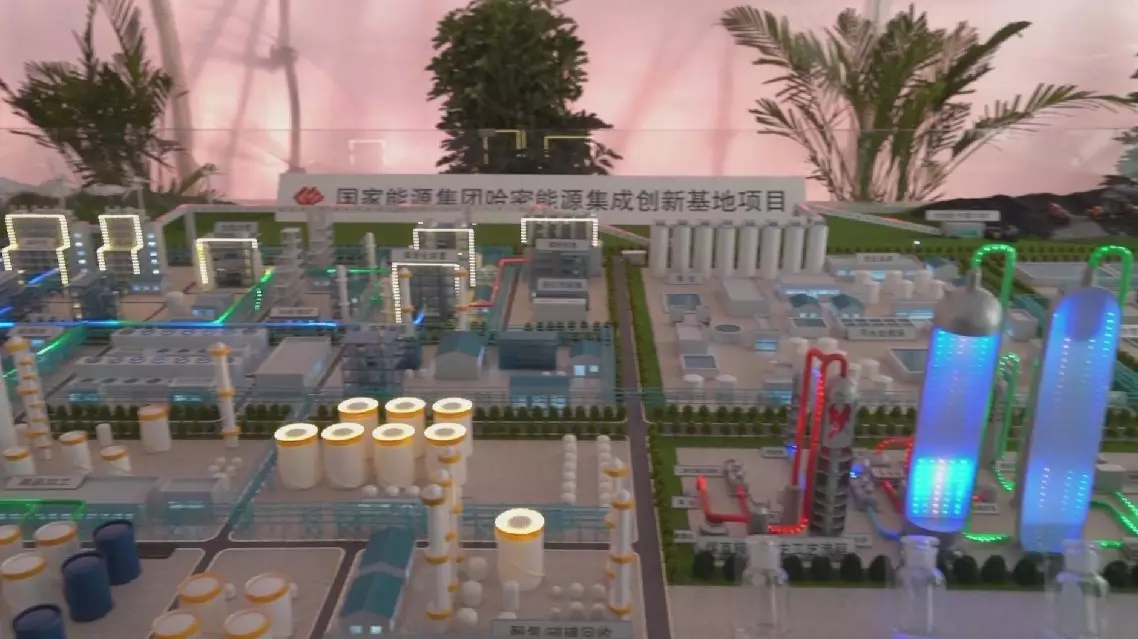
China's most advanced coal-to-liquid project commences construction in Xinjiang
The British Department for Business and Trade announced on Sunday that it is seeking public feedback on a steel strategy aimed at maintaining the global competitiveness of the British steel sector while addressing challenges posed by U.S. tariffs on steel imports.
Speaking to the BBC on Sunday, British business secretary Jonathan Reynolds said tariffs could increase costs for U.S. taxpayers.
Britain and the U.S. have a "mutual interest" in negotiating an exemption for Britain from U.S. President Donald Trump's planned tariffs on steel, he said, noting that Britain can offer the U.S. "very specialized" steel and aluminum exports, such as submarine casings made in Sheffield.
According to the strategy, the British government will inject 2.5 billion pounds (3.15 billion U.S. dollars) into the domestic steel industry and encourage infrastructure projects to prioritize British-made steel. The planned expansion of Heathrow Airport, for instance, is expected to use 400,000 tonnes of steel.
Trump has announced a 25 percent tariff on all steel imports starting in March, raising concerns within the British government over rising trade costs, as the U.S. accounts for approximately 10 percent of British steel exports.
The industrial association, UK Steel, said the tariffs would be a "devastating blow" that would damage the sector's 400 million pounds annual contribution to the transatlantic trade.
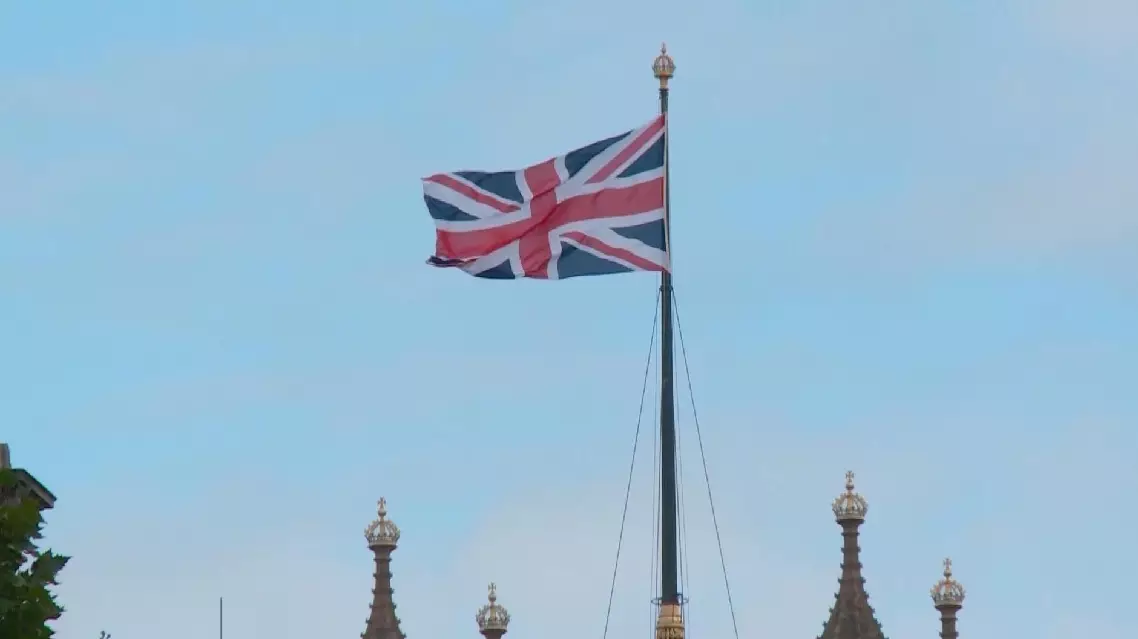
UK unveils steel strategy to counter US tariffs



